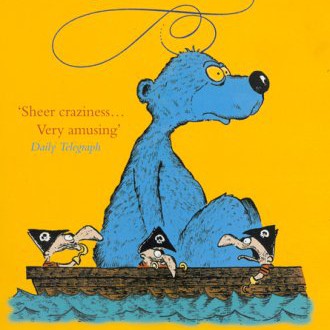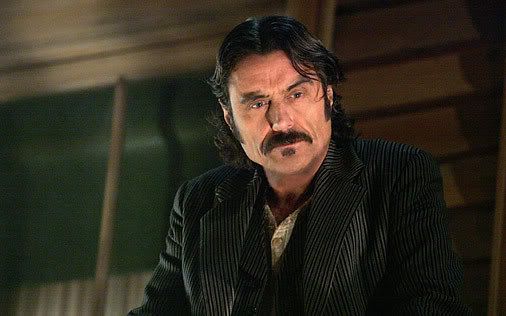In a different time and place, this would be a quiz question. For now, this is a story.
Cesare was among the richest of the land, of his time. And he was a good man, from what little we know of him. Unfortunately, the politics of his time did not allow for much leeway towards a man like Cesare. The principal monarch of the province where he lived was the son of the religious head of the time. Together, father and son had pillaged the nation. They pursued a series of wars that, in name, sought to unite the country but was a convenient means to bulldoze all opposition, real and imaginary, to their vainglorious ambitions. And now, with peace dawning on the horizon, the state’s coffers lay empty. Plans were made to replenish the treasury – not in an orderly and legal manner, but much like their wartime maneuvers, through treachery and death. A scheme that would not only repay the money lost, but reap dividends by adding to their personal wealth.
Cesare sighed to himself when he unfurled the invitation and read through it. He and another nobleman named Roderigo found their stature elevated, they were declared seconds-in-command to the Head of the Church. It was an honor that would have flattered other men in his position. Cesare, on the other hand, read between the lines. The fine print that spoke of relinquishing all personal belongings to the state in return for this new post. The fact that the only two people who were entrusted with this responsibility also happened to be the wealthiest men in the land.
It was the final clause of the invitation that made him squeeze the grip of his armchair to keep from fainting outright. It stated the date and time of a personal dinner with the king and his father. He knew that modus operandi and the inevitable fate that awaited him. Other men would have attempted flight or worked on a plan of retaliation. But Cesare chose to be an optimist – he knew of others being asked to attend similar dinners, where the invitation included every single member of the doomed guest’s extended family, by name. Here, the only casualty was his own self, and probably his fortune. Any sign of desperation, any clue that he had seen through the monarch’s ruse would endanger his family even more. He had but a few days to settle his affairs, and he began to do so in earnest – by writing a his will . A trusted nephew was to be his beneficiary and the sole keeper of the vast reserves of the family wealth.
On the appointed day of the dinner, Cesare reached the monarch’s palace and made his way to the vineyard. The first person who caught his eye was his nephew, sitting next to the king. The king gave him a meaningful glance – clearly, this was one last jibe at him, showing him how all eventualities had been considered by these fine statesmen. The bottle of wine from which the king poured glass after glass to Cesare’s nephew was now proffered to him. He mutely accepted, resigning himself to his fate. It took one hour for the poison to kill the two of them, uncle and nephew. Cesare breathed his last at the vineyard, still dining with the king. The nephew begged to be excused so that he could see his wife one last time. He died at the doorstep of his own house, his wish unfulfilled.
The king swooped in after the funeral, claiming the dead nobleman’s inheritance for the treasury. But what was this? Except for the mansion where he lived and the contents within, his wealth was nowhere to be found. His will had a few lines in which he bequeathed his library and his collection of books, specifically his favorite prayer book, to his nephew. Despite the ransacking and assiduous searches that followed, there was no sign of the family fortune. Finally, they gave up their hunt – the landed property in that provincial town was hardly worth the effort, and were left to the nobleman’s family. Some of the other heirs tried looking for the money, but that proved futile as well.
Time passed. The king’s father died, poisoned by a political enemy. The king was driven away from the country, history does not even record the cause, place or time of his eventual death. Cesare’s family continued living in a state of moderate comfort, and as generations passed, the story of the missing inheritance became a topic of dinner-time chatter. His descendants became soldiers, diplomats, bankers and men of the Church. The library, the prayer book included, stayed within the family as a source of much curiosity. Sometimes, an adventurous scholar would try looking for clues among the books, others would laugh at their mad quest.
This is where my story ends.
I did not make this up. This really happened, but it is a story that not many people know, because it gets overshadowed by another tale, one involving a young man from a different country. By a strange turn of events, this young man was to become the sole benefactor of this sordid political maneuver.
Your mission, should you choose to accept it, is to complete my story. Connect the dots, if you will.


